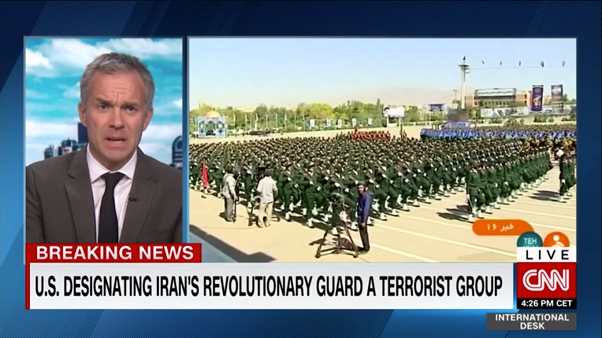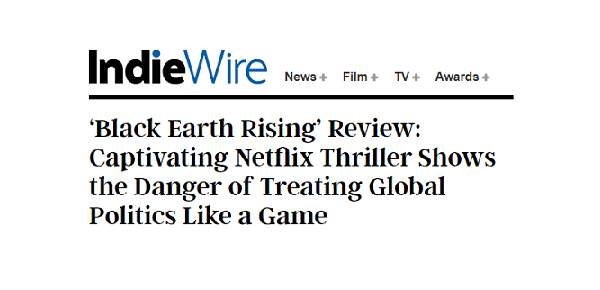I find JustKnecht’s Loom of Form and Meaning truly brilliant
Friday, September 20th, 2019[ reposted from BrownPundits — by Charles Cameron — few things in life are as delightful as finding kinships of mind and heart ]
.
Brilliant, IMO — and hopefully of use to Ali Minai, Mike Sellers and others in the field of artificial intelligence — here the Loom is, as JustKnecht presents it on Medium:
9 categories can be used to classify how forms, meanings and the connections between them change, develop and evolve in relation to each other. Put anything at the top left of this table, then:
re-express the idea of it in a different form (horizontal movement towards the right of the loom, e.g. from Mercury the Roman god to Greek Hermes and Egyptian Thoth), or else reinterpret that particular form with a different idea (vertical movement towards the bottom of the loom, e.g. from Mercury as god to the metal or planet of exactly the same name), or vary both the form and the meaning (with ideas and forms both contrasting towards the bottom right of the loom, e.g. follow Mercury into the domain of trees, according to standard tables of correspondence in European culture, to the fast-growing hazel — hazel groves often being associated with gateways to the underworld, and Mercury himself being a guide to the underworld).
**
Further readings:
JustKnecht, The Loom of Form and Meaning JustKnecht, The Loom of Verbal Reasoning JustKnecht, Rattlesnake Games – Introduction and Example JustKnecht, Connecting forms to contexts in Rattlesnake Games
**
JustKnecht‘s Loom would be a powerful tool by which to analyze many uses of my DoubleQuotes format.
My own HipBone Games, like JustKnecht‘s Rattlesnake Games, are inspired by Hermann Hesse‘s Glass Bead Game as described in his novel of that name — and there’s enough kinship between them that Derek Robinson‘s comments on my own games and Ai may be of use, mutatis mutandis, in setting a context for Rattlesnake Games, too:
Derek Robinson, HipBone Games, AI and the rest









































